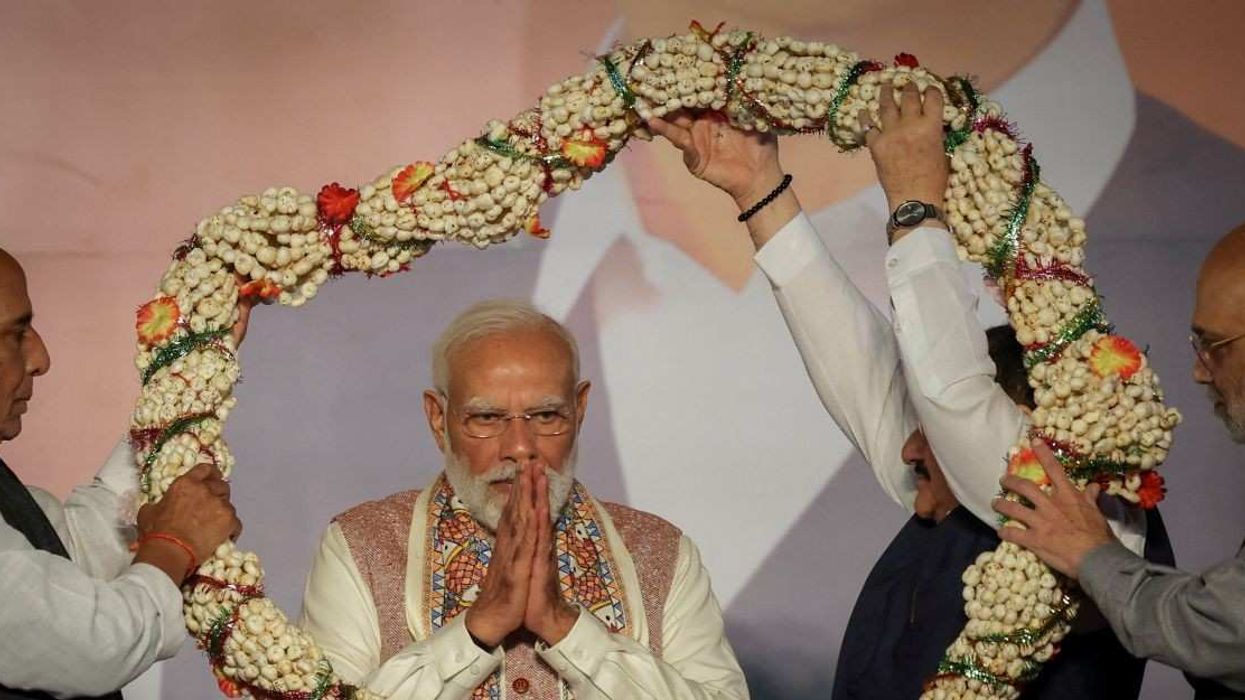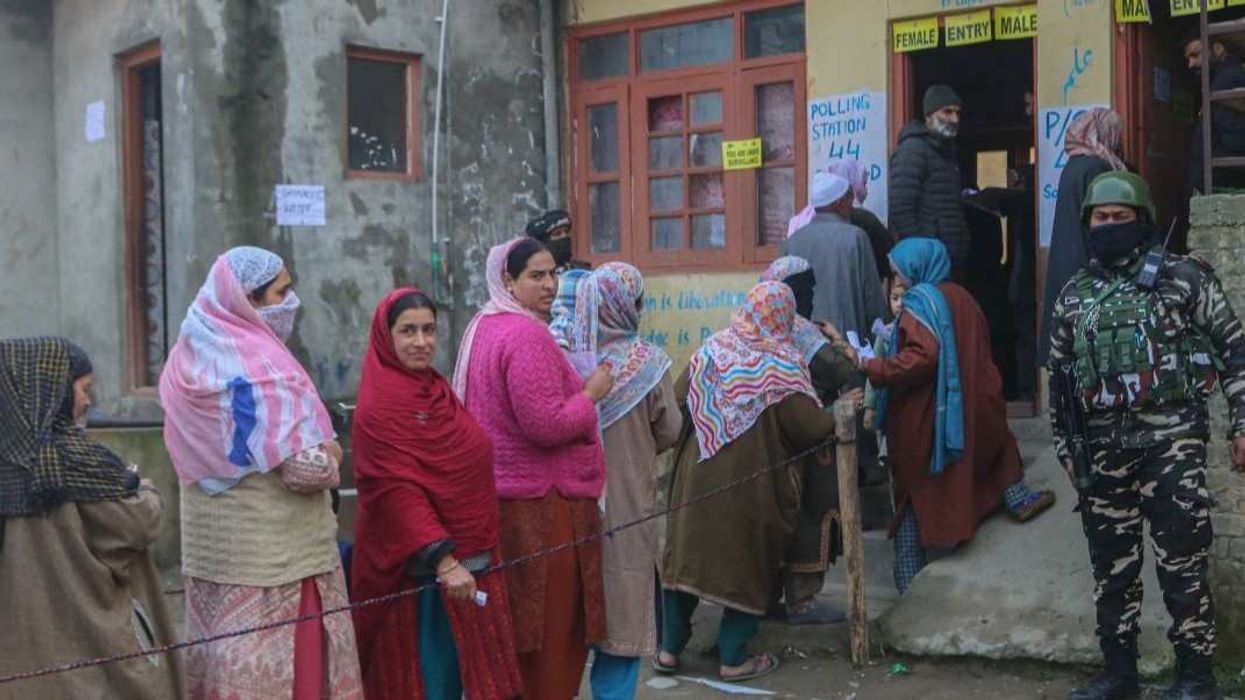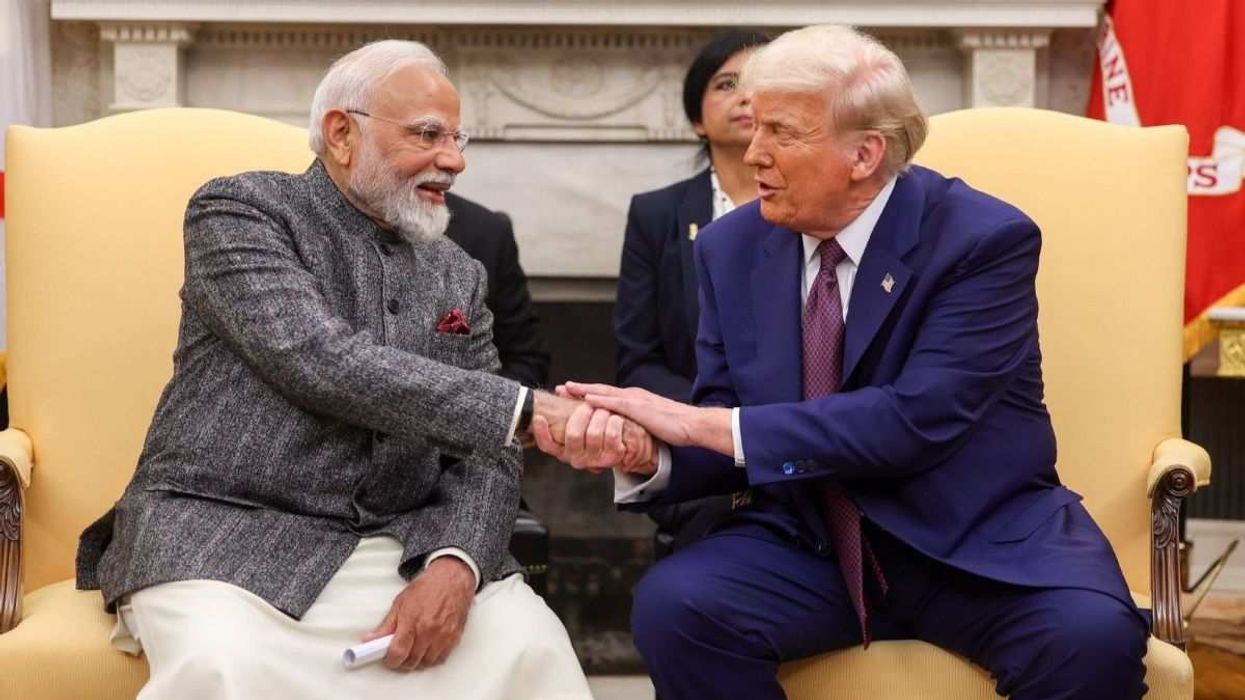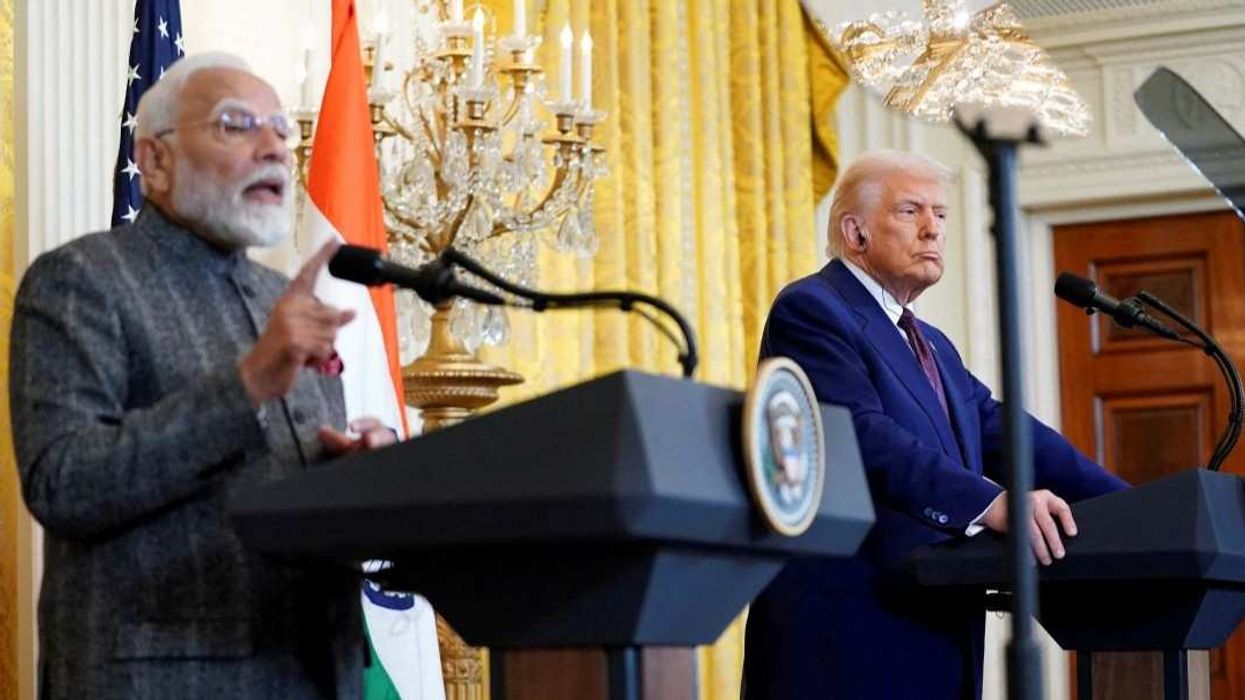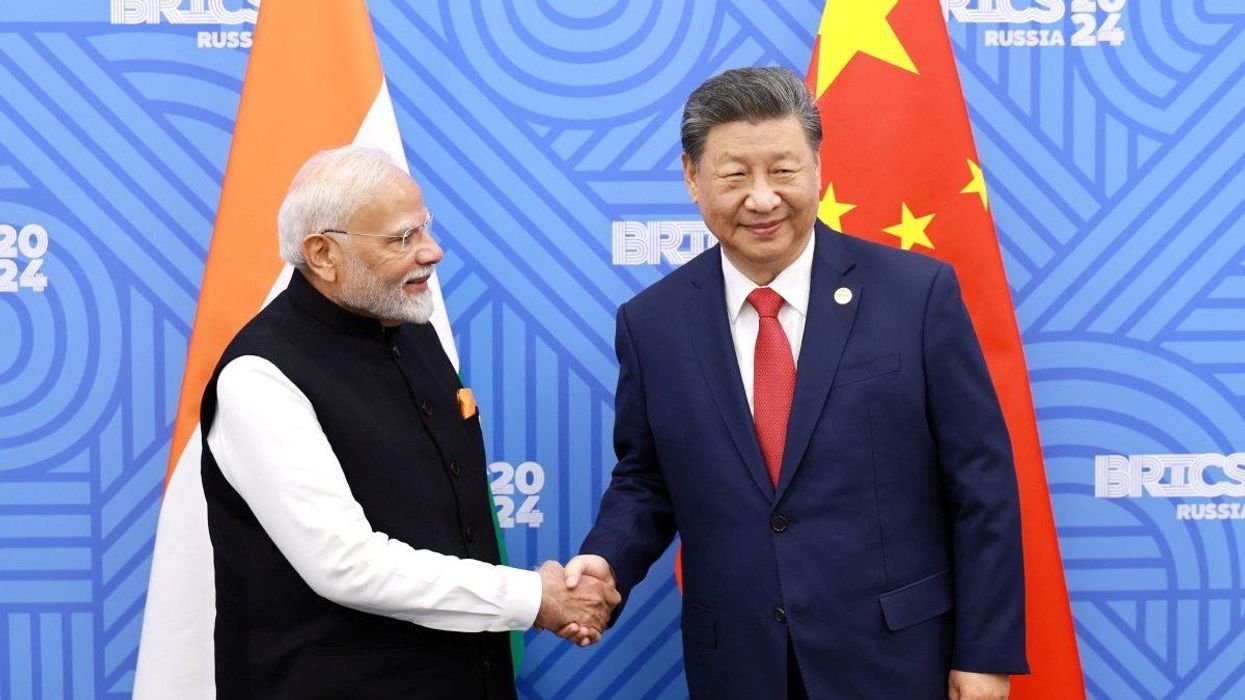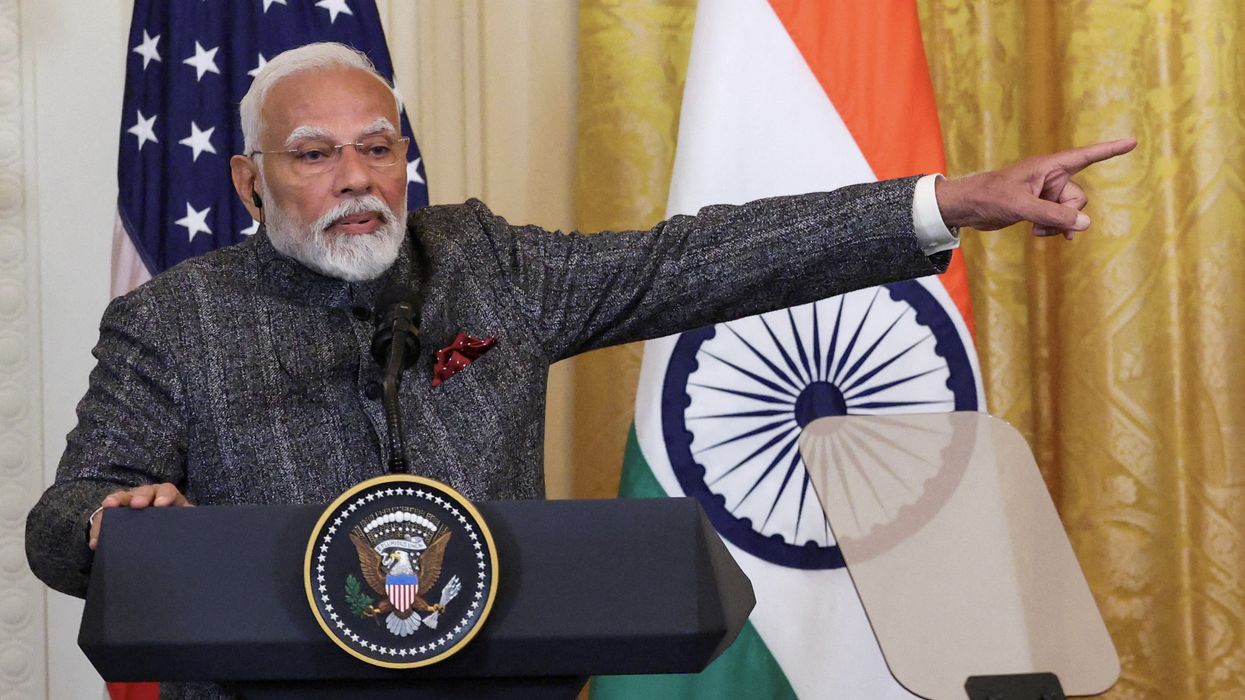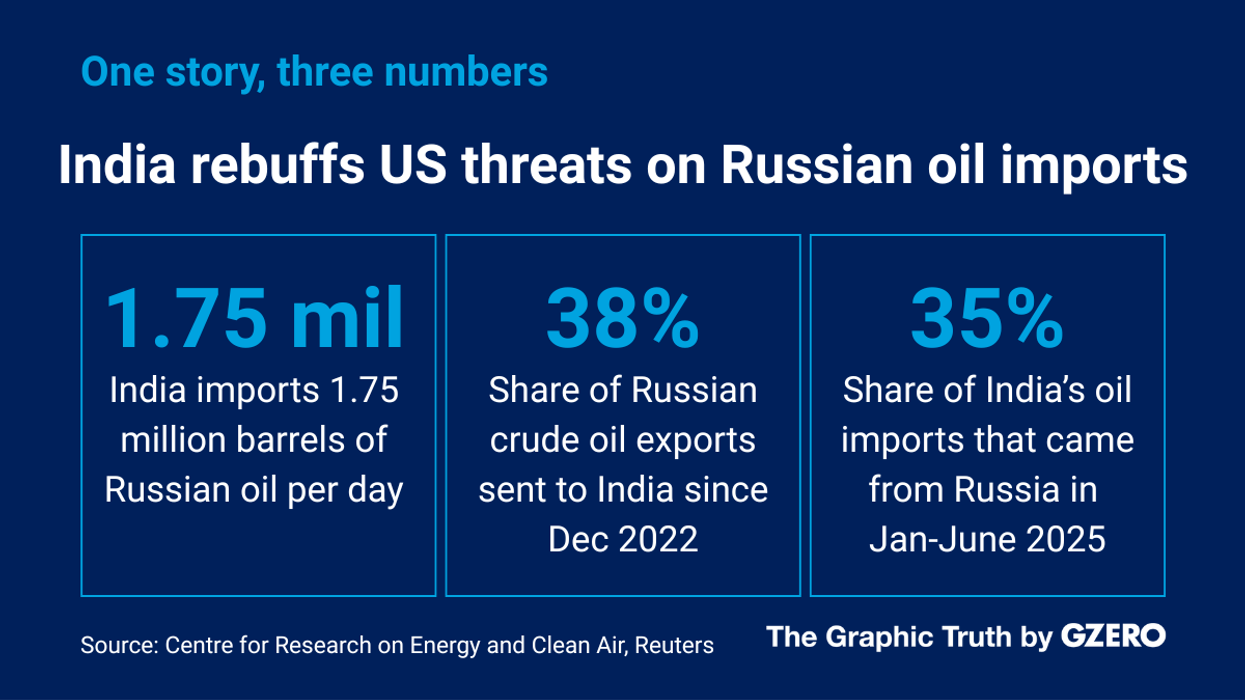Asia
Graphic Truth: India's imports of Russian oil
This week, India agreed to stop importing Russian oil amid US pressure. However, that may be easier said than done. In January, India imported approximately 1.2 million barrels of Russian crude oil every day.
Feb 05, 2026



